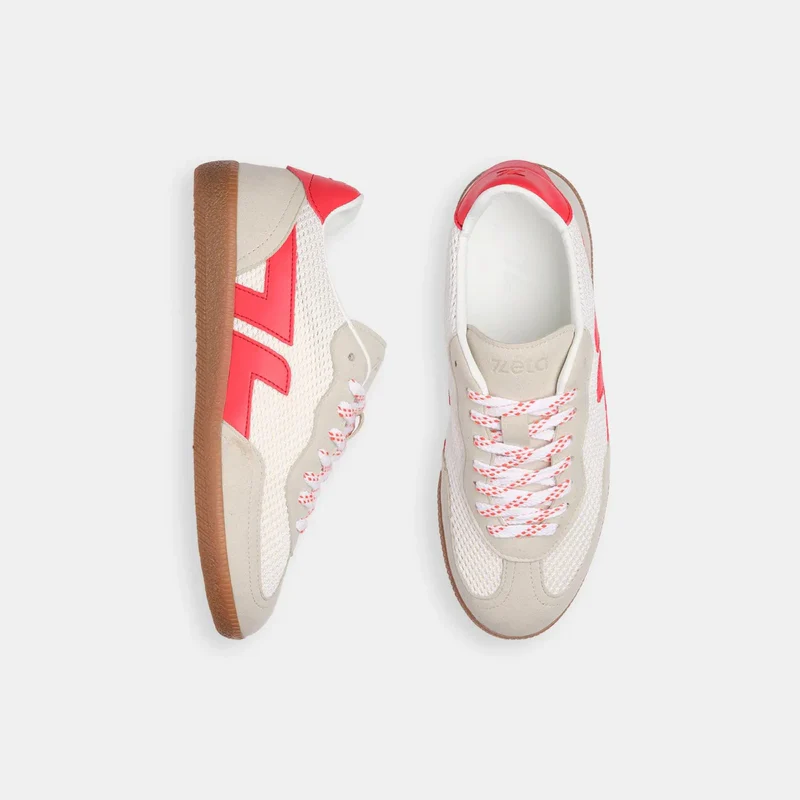Sustainable Surfing: Changing the Tide

Surfers tend to be a pretty eco-friendly bunch anyway, so will be interested in any zero waste alternative. The sport is particularly popular in Cornwall thanks to wave formations (if visiting Newquay, mankinis are banned!
Always check tide times and warning flags, and read our post on keeping dogs safe by the seaside.
Eco‑friendly Surfboards

Surfboards made from plastic (including recycled plastic) can leach microplastics into the sea, so biodegradable wood is a better choice, or at least plant-based bio-resins. Otter Surfboards are made from wood. You can order these to be sent in Flexi-Hex Surfboard Packaging.
Radical Wax is made from plant-based biodegradable ingredients (choose the fragrance-free version, again to avoid leaching fragrance oils into the ocean). Most other brand are made with paraffin wax and palm oil (which is causing deforestation in Indonesia).
Surf Kernow (Cornwall) designs organic cotton surf t-shirts, made with green energy. Made Fair Wear certified in India.
Finisterre rents out wetsuits made with natural rubber that contain less synthetic material than most brands (also in versions for women). Not perfect, but the best option for now.
Surfers Against Sewage (ocean heroes from Cornwall)
Surfers Against Sewage is a charity that was founded in Cornwall, by concerned surfers over local sewage issues. Today it’s a major charity that campaigns politically against illegal discharge of raw sewage. You can report water pollution to them.
Rainwater in theory should dilute sewage, but with a population of 60 million people, it’s no longer possible to rely on a downpour to treat it for us.
Use ocean-safe sun creams to avoid polluting oceans with nano-particles. Wash off before pets kiss you, due to toxic zinc oxide.
Signs of raw sewage pollution are:
- Distressed animals (call local wildlife rescue) or dead animals or fish (gasping for air)
- ‘Toilet waste’ (bathroom tissue and things that should not be flushed but are: wet wipes, condoms, sanitary towels/tampons)
- Bad odours and brown water. Treated water is grey or black. Surfers Against Sewage writes that ‘if the water’s brown and smells like shit – it probably is’.
What Causes Sewage Pollution?
The main cause is Sewer Overflows (it’s legal for water companies to discharge untreated wastewater during heavy rain periods, but this is now happening more on a routine basis, using an old system that can’t cope).
Major investment is needed, but instead water companies are giving out billions in dividends.
Many people get ill from swimming in our seas and rivers. You can submit a sickness report to help their monitoring and campaigning. Risks include gastroenteritis, hepatitis and E.coli (bodyguards and wild swimmers are three times more likely, to carry this antibiotic-resistant bacteria in their guts).
Download the Surfers against Sewage app to report sickness or pollution, to help them take action against water companies that don’t clean up their mess.
In 2023, Anglian Water was fined £2.65 million for letting untreated sewage overflow into the North Sea due to decommissioning equipment, and failed to act on data due to no alarm system (this is the largest ever environmental fine).
Surfers Against Sewage has gone beyond surfing and sewage issues. It organises volunteer beach cleans, and was instrumental in bringing about the ban on single-use plastic cotton buds.
Nearly all the ocean’s plastic has now sunk to the seafloor, so the only way to clean up our seas, is to stop using plastic in the first place (and this includes using tools like microfibre filters to catch microplastics in washing machines, and choosing a mostly zero waste lifestyle (reusable over disposable etc).
Already the Great Pacific Garbage Patch (a whirlpool of ocean currents that collects plastic debris) is twice the size of France, with oceanographer Charles Moore predicting it will double in size soon, if lifestyles don’t change.






